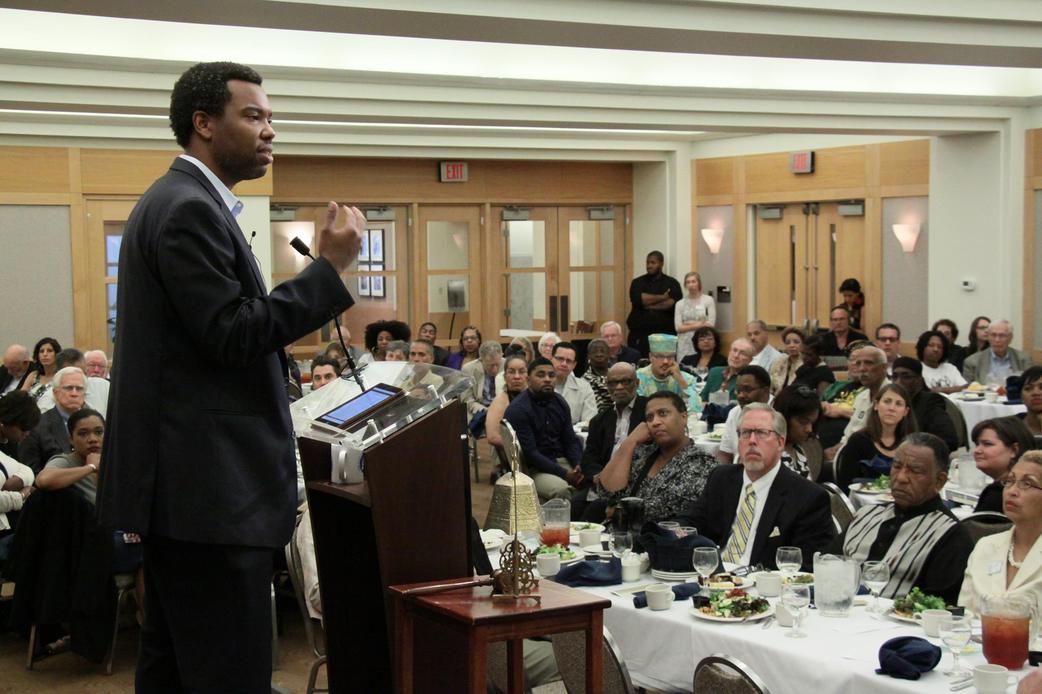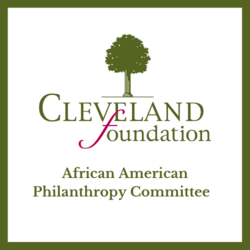Monday, September 15, 2014
Fear of the Case for Reparations
Last month, Atlantic correspondent Ta-Nehisi Coates emerged from the self-imposed reclusiveness that followed his landmark essay "The Case for Reparations" with a public speech about that essay in Cleveland, Ohio. His speech at The City Club of Cleveland was powerful and emotionally affecting and challenging.
Those who have read the piece or heard the speech know it is in no way a simplistic argument that all African-Americans are owed a payday. I can't summarize his 15,000 words here, but it's important to note slavery is really just one piece of evidence in his case. What resonated with me is the role of national institutionally-driven housing and lending policies that stood in the way of wealth creation for black families. Even bank executives would find his evidence difficult to refute.
Here's the problem: As a nation, we're mostly afraid of what he has to say. We are afraid because what he has to say requires work. It requires caring. It requires being uncomfortable for long periods of time. It requires those of us who are white to acknowledge that regardless of our income, how hard we work, where we come from or where we live now, the color of our skin grants us privilege we're hardly aware of, even on our best days.
I agree with Coates, though; we owe it to ourselves to deeply examine the issue:
We like to think of what's gone wrong in this country as a misunderstanding. We have this dialectic of race relations. We have to "heal the divide between the races," as if this is somehow natural, as if this is something passive, a miscommunication that just sort of happened. But in fact what we see is policy after policy after policy of plunder, of taking things from black people and giving them to other people. Now I argue the case for reparations lies on a really really simple notion--what you have taken, should be given back. It's quite quite simple.
But I think even beyond that it has something to offer this country. A lot of people walk around talking about patriotism, and what is patriotism but the love of country. Love is not telling people what they want to hear... a mature love, a serious love of country has to have as a component seeing people straight.
America like to talk about our role as this font of democracy, as having done this or having done that, and that's fine, but my argument is that it calls you to do certain things... Part of the democratic evolution is being able to see yourself straight and evolve into a more mature sense of patriotism.
So, what is Coates actually arguing for? What does he mean by "see yourself straight"? He spells it out more clearly in the Atlantic than he did in Cleveland. Though he makes the case for reparations, in the end he's saying that we're not at the point that the government should start cutting checks to descendants of slaves. I think he's saying that to start "seeing yourself straight" we should take seriously a relatively benign piece of legislation that has been introduced in Congress every session since 1989: HR 40, the Commission to Study Reparation Proposals for African Americans Act. As its name suggests, it's a commission to study the issue, not determine who gets paid. What's so scary about that? (see above)
When it was last introduced in 2013, HR 40 appears to have been referred to the House Judiciary Subcommittee on Constitution and Civil Justice, which is chaired by Phoenix area congressman Trent Franks, and vice-chaired by Western Ohio congressman Jim Jordan. Nothing has happened since.
At the City Club of Cleveland, where I work, we like to say that we're issue-agnostic and outcome-agnostic but fierce advocates of engagement. The commission that HR 40 proposes is that sort of enterprise--an offer to engage with the issue and contemplate it and imagine how such wrongs might be righted, if we had the appetite for it. It isn't about a pre-determined outcome, but an appeal to the sort of better angels of our nature President Lincoln spoke of, the ones unafraid of tough conversations, the ones who knew that, as Coates suggests, real love of country demands recognizing wrong and becoming the country we want to be.
You can see his whole speech here.






